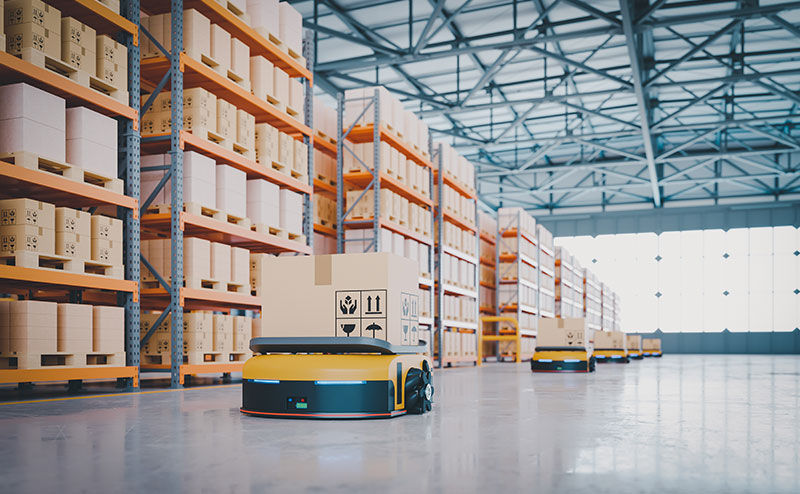Using AI to manage obsolescence
ABB and Microsoft have recently expanded their work together by integrating the Azure OpenAI generative AI technology into ABB's Ability Genix Industrial Analytics and AI suite. But what impact could this advancement, and others like it, have on obsolescence management?
ABB and Microsoft's collaboration offers manufacturers a deeper level of actionable insights from their data to improve maintenance and operations, production efficiency and energy and emissions management.
To do this, ABB is integrating generative AI, including Large Language Models (LLMs) like GPT-4, into the Genix platform and applications, facilitating functionality including code, image and text generation. Once launched, the new application — Genix Copilot — will vastly improve user experience by offering intuitive functionality and by streamlining the flow of contextualised data across processes and operations.
The AI revolution
Simply put, the model makes sense. Generative AI is powered by very large machine learning models that are trained on vast amounts of data, commonly referred to as foundation models (FMs), while a subset of LLMs are trained on trillions of words across many natural language tasks.
Together, generative AI and an LLM can create new content and improve the efficiency and effectiveness of existing processes. For example, just look at Chat GPT, which uses generative AI to produce content that is hard to distinguish from that produced by humans.

This can also be applied to the realm of manufacturing. Here, this model helps to maintain effective supply chain and inventory management practices, by removing the reactive nature of last letter orders that manufacturers want to avoid.
These letters notify suppliers that a component will no longer be ordered after the current or "last" order is fulfilled, which can be problematic for manufacturers as they cause supply chain disruptions, increase costs, strain supplier relationships and create inefficient administrative processes.
Predictive maintenance
Another advantage of generative AI with LLMs is their ability to process and analyse vast volumes of data from various sources, including sensor readings, historical maintenance records and even operator notes.

By examining this data, these AI technologies can identify subtle patterns and anomalies that might indicate impending equipment failures. For instance, temperature fluctuations in a CNC machine's motor may suggest a potential issue, be it the motor's temperature consistently exceeding acceptable levels or the detection of unusual vibrations.
Once the AI system identifies anomalies in the motor's performance data, it then generates alerts in natural language for the maintenance team. This makes it easier for the team to understand the problem and take appropriate actions, such as ordering a replacement from a trusted industrial equipment supplier.
Inventory management
Beyond prediction, generative AI also optimises resource allocation and reduces surplus inventory in demand forecasting. By integrating predictive capabilities into the supply chain, manufacturers can maintain optimal inventory levels, thus removing the reactive nature of last minute inventory adjustments.
Predictive analytics, powered by generative AI, leverage historical sales data, market trends and external factors to generate highly precise demand forecasts. These forecasts are the foundation for proactive inventory management as automated systems continuously monitor inventory levels, and when predefined thresholds are reached, they trigger replenishment orders.
What's more, these technologies facilitate real time communication with suppliers, enabling them to align production schedules and deliveries with actual demand. This minimises lead times and reduces reliance on last minute orders.

Like ABB and Microsoft, who have integrated Genix Copilot, companies can turn to AI technology to vastly improve their operations. As BW Businessworld reports, the technology has the potential to minimise unplanned downtime by up to 60% and even extend asset lifespan by up to 20%.
This should not come as a surprise, as real time actionable insights allow for better decision making and increased productivity. Therefore, manufacturers who are aided with predictive maintenance capabilities and streamlined inventory management can reap efficiency gains, while leaving behind the era of last order letters and reactive supply chain disruptions.
For companies that aren't yet ready to advance to fully automated inventory management, AI can still be helpful in predicting when parts are likely to break, allowing plant managers to replace them before downtime occurs.
If you'd like assistance in the world of obsolescence management or need to source new parts such as ABB motor spares, then contact our expert team today.


